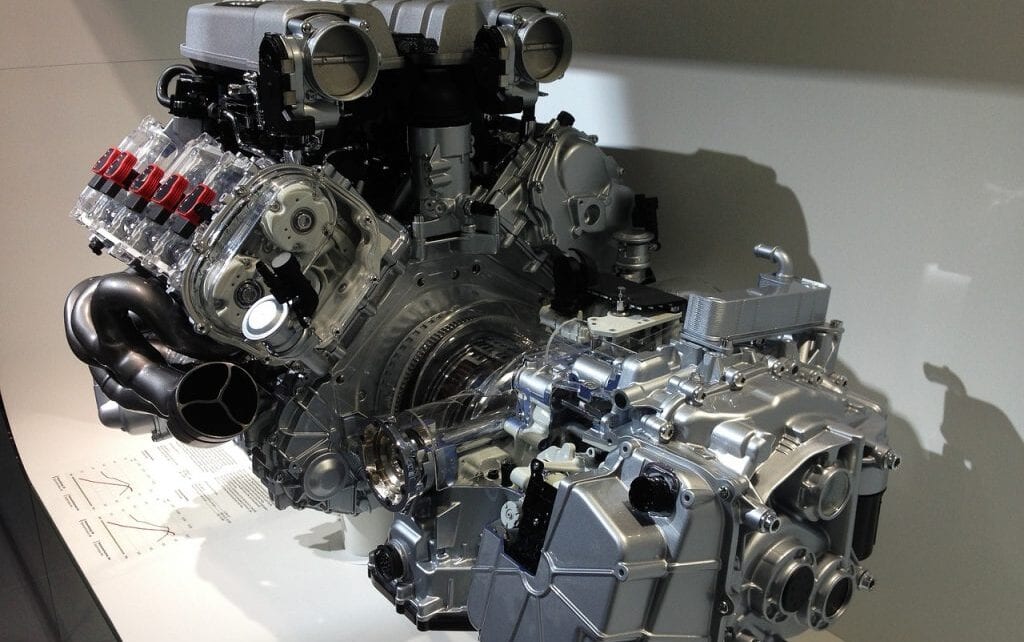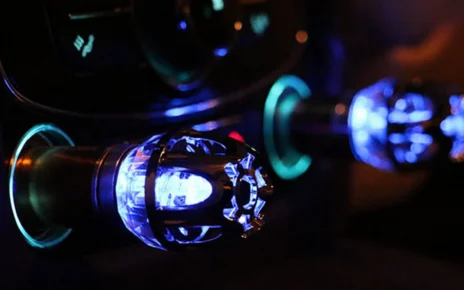The engine is easily the most important and expensive part of every vehicle. It is what creates the power that is required to keep the car running. Without one, all you have is just a shell of a vehicle. If something happens to the motor, it is probably cheaper to just buy a whole other vehicle instead of replacing it with an official representative. However, it is also possible to buy a second-hand car engine which comes at a much affordable price.
But, when buying a second-hand car engine it is essential that you acknowledge all the risks that come with it. There is always a risk when buying any kind of used product, but this is even riskier consider that it is a major part of your car.
Of course, I am not trying to scare you away from the used market. It is actually a viable strategy to get performance and value.
To help you ensure that you are buying the right used engine, I think I should provide you with all of the things and factors you will need to consider. If you use this article as a guide, I am certain you will not regret your purchase later.
1. Your car’s make and model
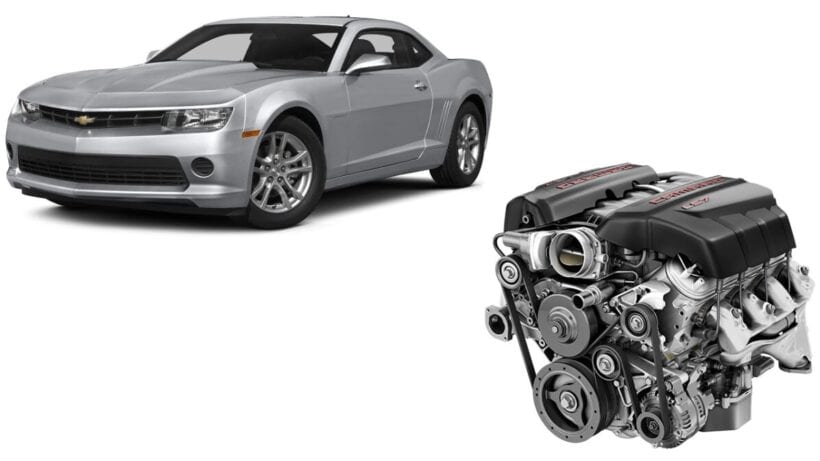
Before you start searching through the used market, it would be a good idea to get some information about your vehicle. Without it, you will have no idea what kind of engine you should look for. But, the brand or model information is not enough. You will need to know the exact year it was made and other specifications.
You have to remember that one model could have a dozen different versions. There can be many differences including horsepower, torque, and even type of fuel. Although, obviously, you already know what kind of fuel it uses. But, it would be useful to figure out exactly which version of the engine you need.
Now, once you have the correct information, you can use it to your advantage to make your searching process easier.
2. Are you buying from a reputable place?
Nowadays, there are hundreds of different junkyards or companies that offer used car parts for a fair price with a warranty even. The warranty gives you at least a bit of peace of mind.
However, it is important to understand that there are companies out there with a bad reputation. Bad reputations come from selling bad products or bad customer service. So, even if you found the perfect used motor for your car, it would be a good idea to check whether you are buying from a reputable place.
The easiest way to figure that out is through online reviews, ratings, and referrals from your friend. If any of your close friends or family members have been buying used parts in the past, maybe they could give you a suggestion. If not, the internet is your friend. Google and many other websites provide a great rating/review system that can give you a bit of insight into any company.
In my opinion, I think you should be looking at used marketplaces that offer at least some kind of warranty. Reputable places should offer even 1-year warranties as suggested by www.usedparts.us.
3. Mileage
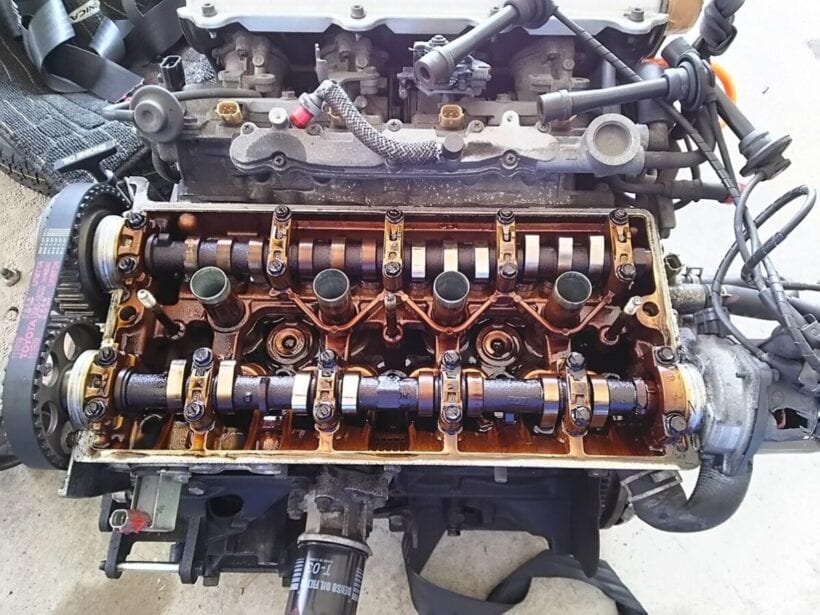
Once you successfully find the right place to make your purchase, it is time to look for the right engine. I assume that the website for used parts will probably have quite a few variations of the same exact motor. It is your job to ensure that you are buying the right one. Getting the wrong one will end up in one very disappointing day. So, make sure to double-check every single detail before you start pulling out cash from your wallet.
Now that you found the exact make and model that you need, it is time to look into even more detail. One of the more important things you will have to focus on is the gas mileage. How high or low the number one the odometer should depend mostly on the year of the model. For example, if the engine is from 2010, it is understandable if it has 150,000 to 200,000 miles. Models newer than 2015 should probably have below 150,000 miles or even 100,000.
Unfortunately, you should also consider that there are some people who manipulate the odometer and lower the mileage. There is no way you can figure out whether the odometer has been altered or not. But, if the mileage seems realistic, it probably has not been. If it is too good to be true, it probably is not true.
4. Rust
Many used parts end up in a junkyard because of some kind of problem. This is why you must do the proper inspection before you spend your money. You should always look for the best quality possible and nothing less.
One of the most common problems with most car parts, especially engines is rust. Corrosion appears quite frequently, especially if the car part has been left exposed to outside elements such as sunlight, rain, snow, wind, etc. However, if you are shopping from a reputable company, they probably take proper care of every used part. Nothing gets left outside to rust.
Spotting rust is not difficult at all, you just need to look in the right places. Check the alternator housing and the stator core. These are often attacked by corrosion. Any rust is a huge red flag. Avoid that item at all costs. There is always a better alternative.
5. Test it
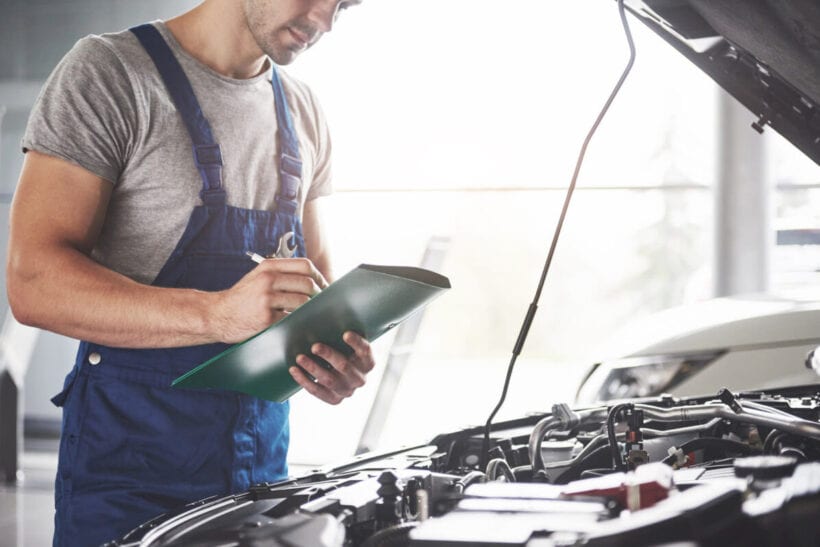
Once you have done enough research and proper inspection, it is time to go through the last test and that is to run it. If the engine cannot start and run consistently, you do not need it. Look for an engine that will quickly start and produce a consistent sound.
If everything seems fine, you have found the right engine for your car.
Supposing that you stick with these factors that you need to consider, I imagine you will not have any issues buying a second-hand car engine.

